Meet five inspiring South Australian scientists to watch tackling how endometriosis is diagnosed and how men think about sperm
They’re on a mission to find new treatments for endometriosis, improve IVF, change how we think about sperm and inspire the next generation of women to study science.
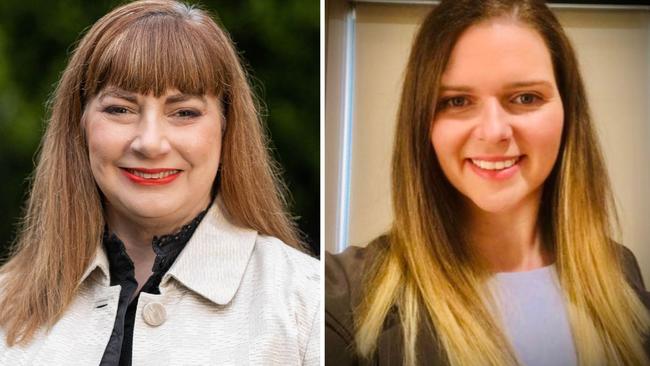
SA News
Don't miss out on the headlines from SA News. Followed categories will be added to My News.
From a PhD student on a mission to reduce the time it takes to receive an endometriosis diagnosis to a male fertility specialist changing the way we think about sperm, South Australia is home to many inspiring research scientist.
Alison Deslandes and Dr Nicole McPherson are among five inspiring women at different stages of their careers with a message for young women considering a career in medical research which can be summed up as: “Go for it!”
To mark National Science Week from August 10 to 18, The Advertiser is putting the spotlight on their work which is helping families now as well as future generations.
They work at the University of Adelaide’s Robinson Research Institute which is addressing how to give all children a healthy start in life.
They are among more than 45 research teams dedicated to uncovering how events and circumstances before birth and during early life impact an individual’s healthy development, their susceptibility to disease and their resistance to adversity.
With these discoveries, the researchers are developing effective interventions to protect children and improve their health prospects throughout life.
From preconception to birth and beyond, these five women are leading the way, working to make a difference to the health outcomes for families and children.
All are at different stages of their careers and are encouraging girls and women to pursue their passion for science.
Alison Deslandes, 37
PhD candidate
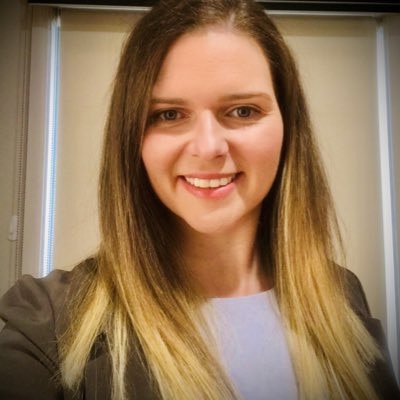
Research goal: To expand the diagnosis of endometriosis with imaging to reduce the time people with endometriosis wait to receive their diagnosis.
“The best thing about being a researcher is that you get to discover new things,” Ms Deslandes said.
Motivation: “In my field of health and medicine sometime the research you do will lead to changes in how things are done and improve outcomes for patients – which is extremely fulfilling to see.”
Her message for girls or young women wanting a career in science: “If you want to do it – go for it. If you choose a topic, you’re passionate about, you will never get bored. Surround yourself with people who believe in you, inspire you and encourage you and you can achieve great things.”
Dr Jodie Avery, 53
Endometriosis expert, mid-career researcher and STEM Ambassador
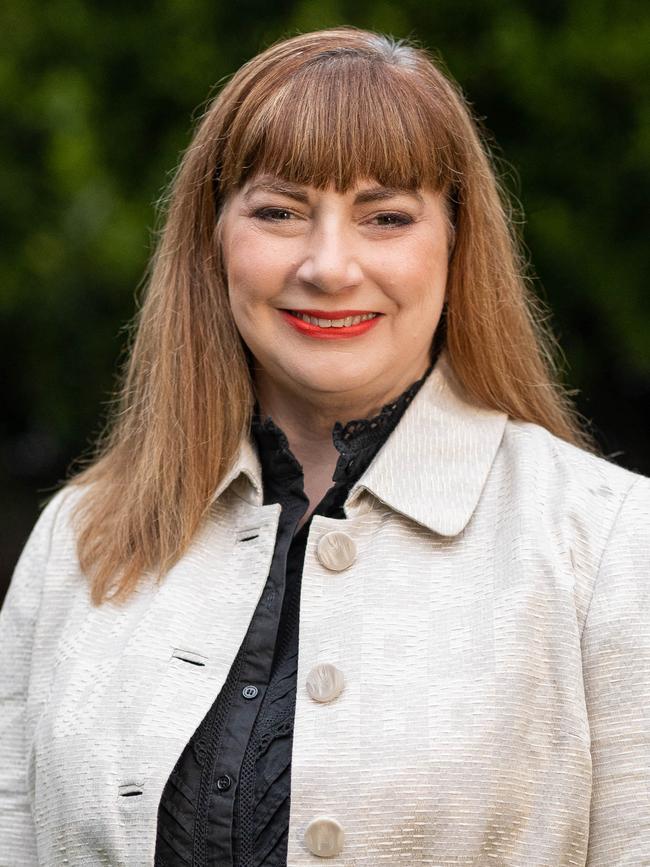
Research goal: To create new ways to diagnose chronic reproductive health conditions, such as endometriosis and polycystic ovary syndrome, as well as create new quality of life assessment tools to ensure the research being undertaken really impacts on people’s lives.
Motivation: “My motivation is the differences we have been able to make in people’s lives, reducing the time it takes to diagnose some conditions, and then setting people on an appropriate treatment path impacts so many different areas, work life, study, financial and overall quality of life,” Dr Avery said.
Her message for girls or young women wanting a career in science: “If you do want the career in academic science, do your study while you are young, so that you can travel, take risks etc without having the burden of a partner or family.
“It’s so much harder to put your career and yourself first when you have others to think about.”
Dr Nicole McPherson, 37
Male fertility expert
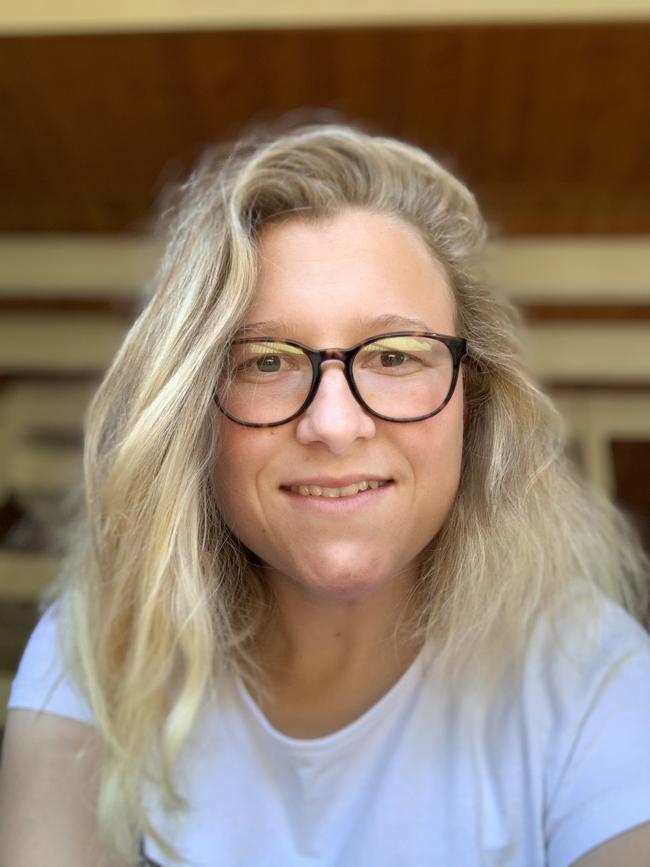
Research goal: To really include men in preconception care and family planning; understand what key preconception factors we may need to be aware of; improve male infertility services and testing; and better understand how sperm contribute to the formation of a healthy embryo.
Motivation: “Generating new knowledge that the world can utilise to improve the health and wellbeing of people is exciting,” Dr McPherson said.
“I have the possibility to rewrite textbooks and change how society views men, and their role in the preconception period.”
Her message for girls or young women wanting a career in science: “Do it! If you’re passionate, go for it and ignore everybody else says don’t do that career.”
Dr Ying Wong, 31
Post doctoral researcher
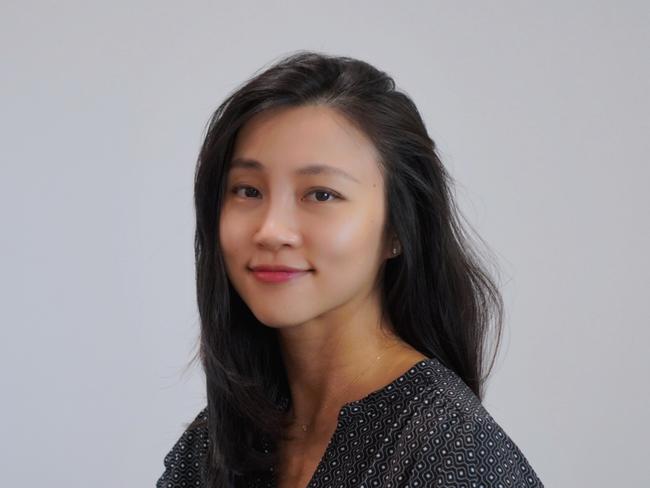
Research goal: Further our understanding of the genetic and molecular mechanisms of Type 1 Diabetes (T1D) in children, paving the way for new therapies and contributing to prevention or more effective management of T1D. Dr Wong recently received a Postdoctoral Fellowship from JDRF International to advance her research.
Motivation: “I am driven by curiosity and opportunities to apply my skills to make advancements in this field,” Dr Wong said.
“For me the process of problem solving and the potential to positively impact lives through this work are incredibly rewarding.”
Her message for girls or young women wanting a career in science: “Believe in your potential, let your curiosity guide you and never underestimate the impact you can make.”
Professor Sarah Robertson AO, 62
Professor of Reproductive Immunology
Research goal: A healthy start to life, for all children and families.
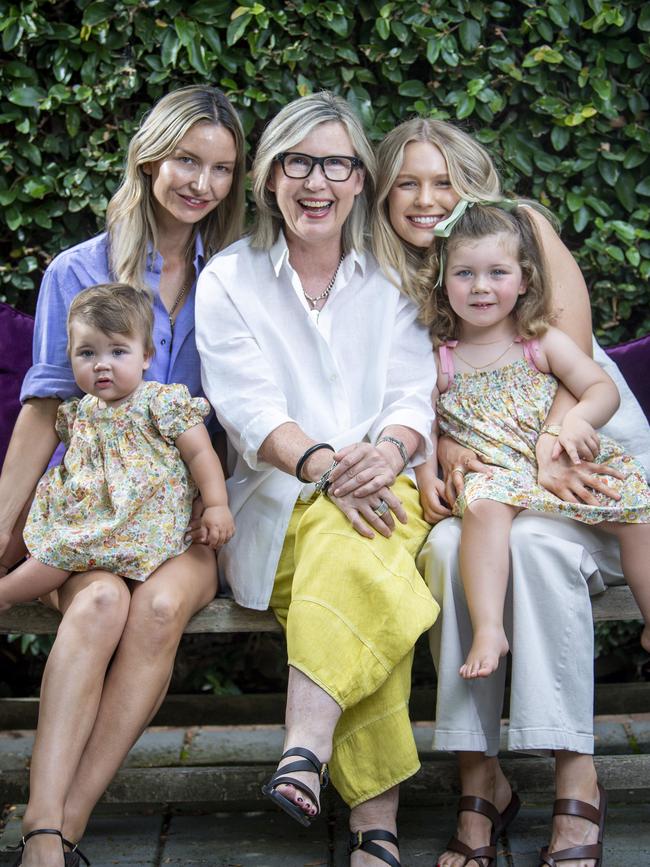
Motivation: I’m excited to understand the biological processes of conception and early pregnancy,” Prof Robertson said.
“In particular, I want to know how the female immune response is involved in allowing embryos to implant and develop – or in some cases not allowing pregnancy to progress – how does it make this judgement?
“And can we boost the immune system to reduce the incidence of infertility and guard against pregnancy disorders like pre-eclampsia, preterm labour, and stillbirth?”
Prof Robertson’s career achievements include working with colleagues in Denmark to develop an IVF culture media to help couples where standard IVF wasn’t working or pregnancies had repeatedly miscarried.
“When I met the first Australian family who were helped to have a healthy baby after years of trying, it was amazing – I am very grateful to have a career where I can do exciting science, and help people in our community,” she said.
Her message for girls or young women wanting a career in science: “Go for it! Get a science degree and see if research is for you.
“If you’re prepared to put in the effort, it’s a wonderful career and fantastic avenue to make a difference in the world.
“To be at the cutting edge of discovery and innovation, to be working collectively as part of an international effort, and to have the satisfaction of improving people’s lives at home and around the world – I can’t think of a better job.”
Prof Robertson this year was awarded an Order of Australia for distinguished service to medical research, particularly reproductive biology and immunology and to professional societies.
More Coverage
Originally published as Meet five inspiring South Australian scientists to watch tackling how endometriosis is diagnosed and how men think about sperm





